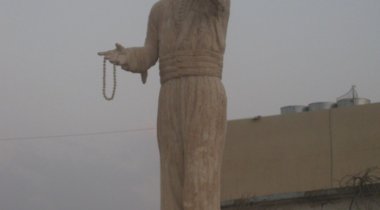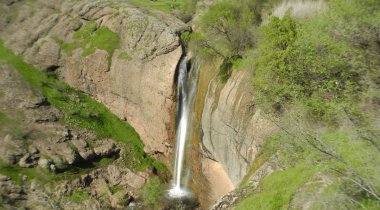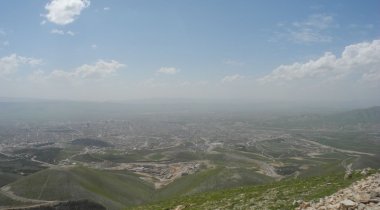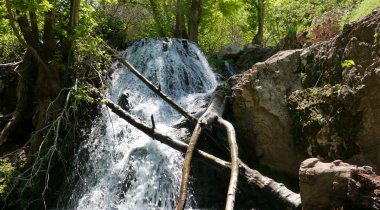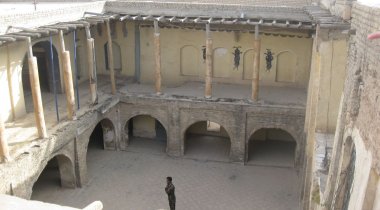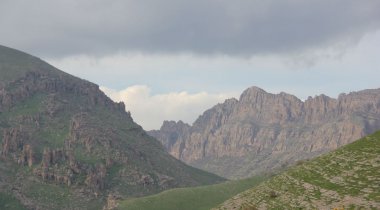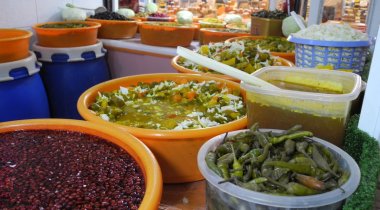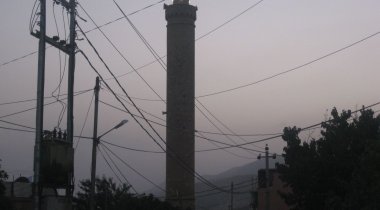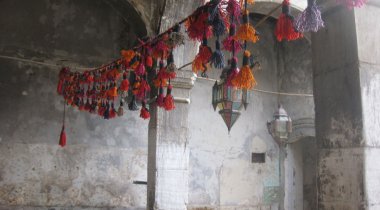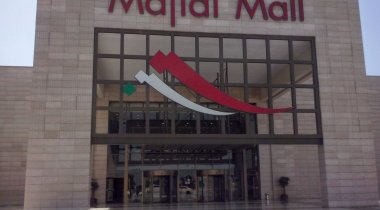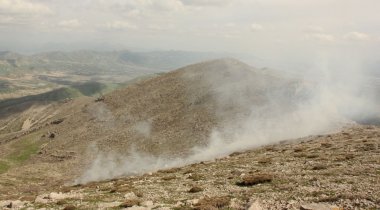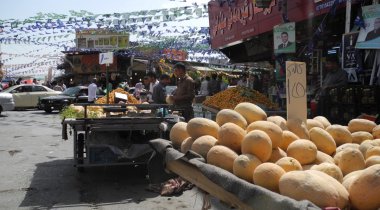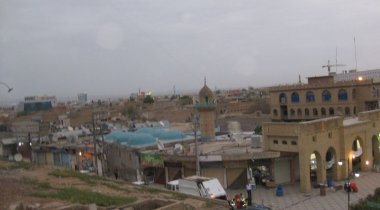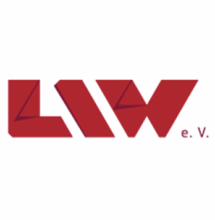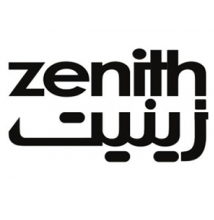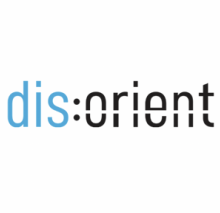After long decades of repression and war, Iraqi Kurdistan is now undergoing profound socio-economic changes. Gated communities, shopping malls, and luxury restaurants display the immense wealth amassed by those who have been able to take advantage of the economic opening. These fortunate people want Kurdistan to become the new Dubai.
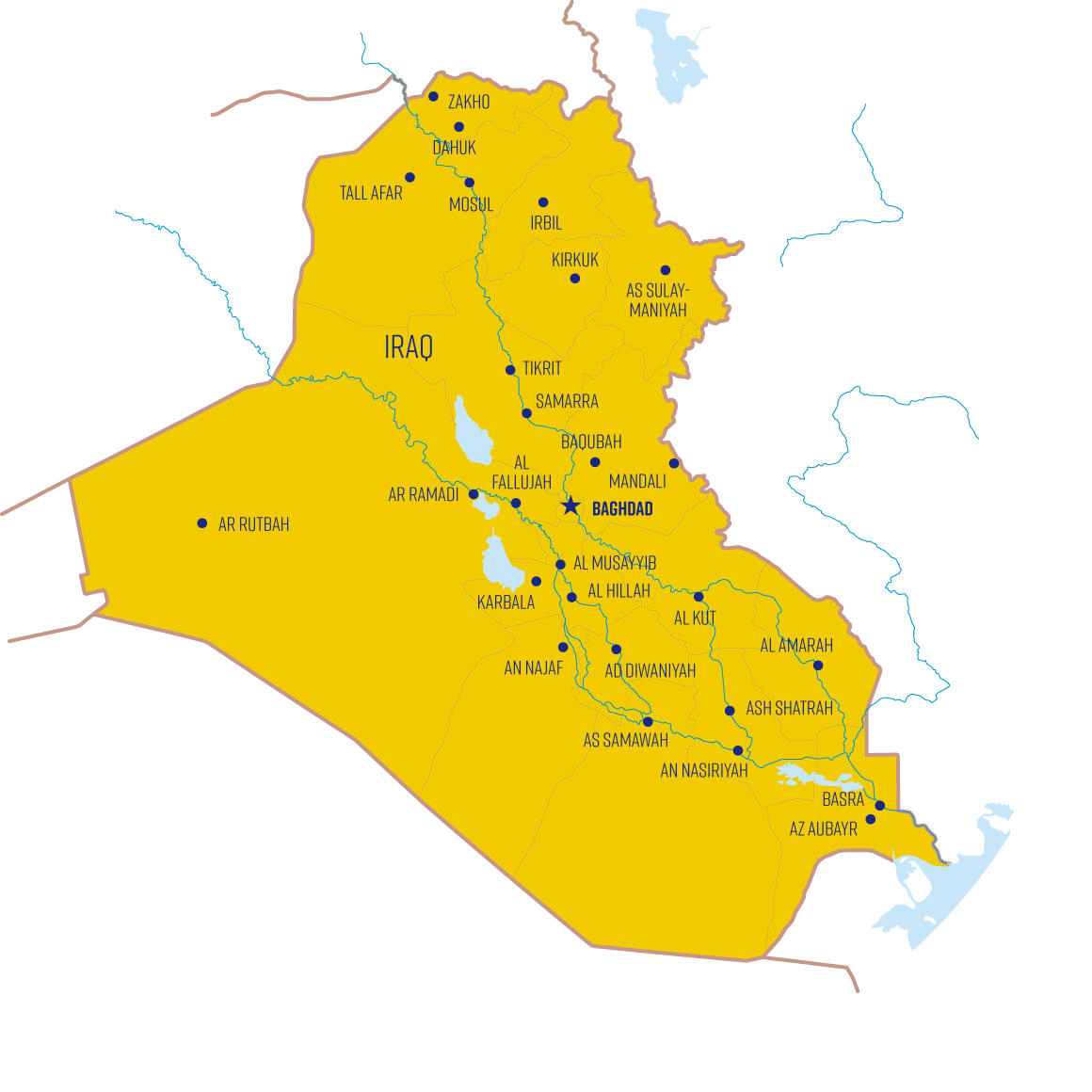
However, most of the society has other priorities: These range from wishing for an even-handed accounting for Iraq’s dictatorial past to striving for gender equality, fighting corruption and authoritarian structures, and pushing for more active nature conservation.Iraqi Kurdistan’s political future is also contested.
Many Kurds regard the project of self-government in northern Iraq as the realization of their long-held dream of a Kurdish state that transcends current national borders.
Others would rather see northern Iraq become a refuge for religious and ethnic minorities—while some are calling for the autonomous region to be reintegrated into the once prosperous Republic of Iraq.
Iraqi Kurdistan’s future is uncertain: While its military force, the peshmerga, has been able to repulse external attacks, the autonomous region is struggling with its identity: whether it will be authoritarian or participative remains to be seen.
Unsere Highlights
Sulaimaniyya
In Kurdistan’s cultural capital, we attend exhibits of local artists and discuss their work with them, and are confronted with the Iraqi state’s campaign against the Kurds in the former intelligence-agency headquarters and torture center, which is now a museum. Our discussion at a newspaper office centers on freedom of the press. Of course, we’ll also visit the city’s lively bazaar.
Halabja
A visit to the memorial of the Baath regime’s chemical-weapons attack on Kurdish civilians in 1988 directs our attention to the effects of the Iraq-Iran War.
Amadiya
The 3,000-year-old city of Amadiya perches imposingly on a mountain. We tour its historical Christian and Jewish quarters and speak with inhabitants.
Gara Mountain
A local guide introduces us to this rugged landscape, where we stay in mountain villages and meet local people.
Briefings
Input on subjects such as internally displaced persons, economic dependency, relations with Baghdad, confronting IS, and the conflict between the PKK and Turkey help us to better understand the challenges facing Iraqi Kurdistan.
Erbil
In Iraqi Kurdistan’s capital city, we learn about the political system and Kurdish political parties. We’ll also visit Erbil’s 4,000-year-old Citadel and the Christian quarter, Ainkawa, which has a few bars.
Lalesh
A visit to the Yezidi temple complex introduces us to the genesis and doctrines of this religious community and the situation of minorities in Iraqi Kurdistan.
Dohuk
In this city that boasts several universities, we talk with students of peace and conflict research and meet with representatives of a center for female victims of sexual violence.
Current
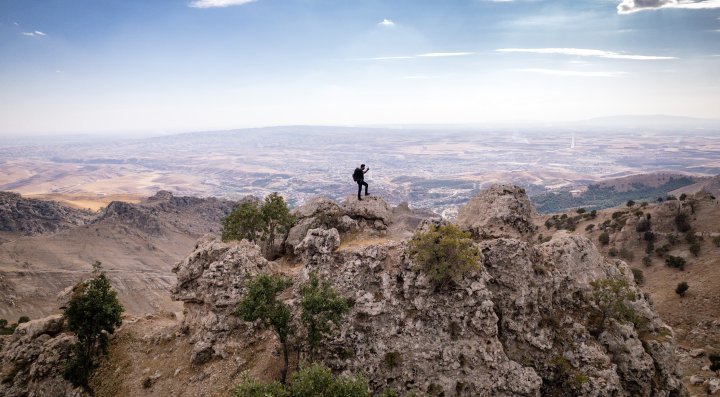 DE
DE
Wir laden Euch ein auf eine Wanderreise entlang des Zagros Mountain Trail. Touren mittleren Schwierigkeitsgrades führen uns über Hirtenpfade und alte Peshmerga-Routen, durch kleine Dörfer, idyllische Gebirgstäler und karge Hügellandschaft. Mit dem jesidischen Heiligtum Lalesh und dem altorientalischen Kloster Al Qosh warten zu Beginn zwei absolute kulturelle Highlights.
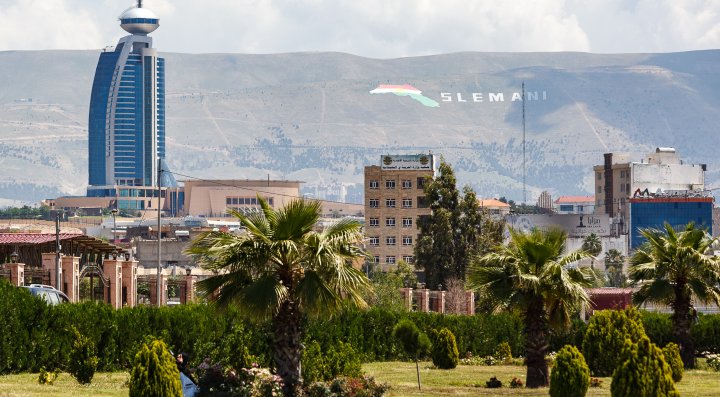 DE
DE
ImMalls, Gated Communities und Expats, die in der Öl-Wirtschaft ein Vermögen verdienen. Eine lebendige Kunstszene, zahlreiche Universitäten und Menschen, die Kritik an Korruption und Vetternwirtschaft üben. Überwältigende Natur und historische Schätze. Aber auch verkrustete Machtstrukturen und wirtschaftliche Ungleichheit: Irakisch-Kurdistan vereint unterschiedlichste Facetten. Im Zentrum dieser Reise steht auch die religiöse und ethnische Vielfalt der Region.




